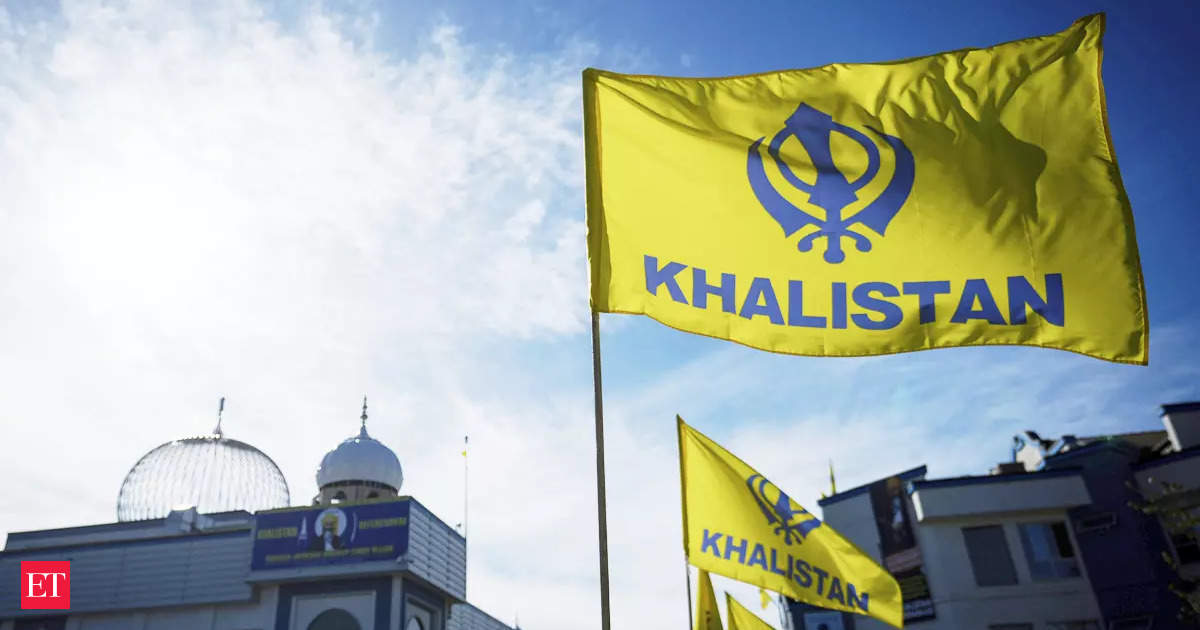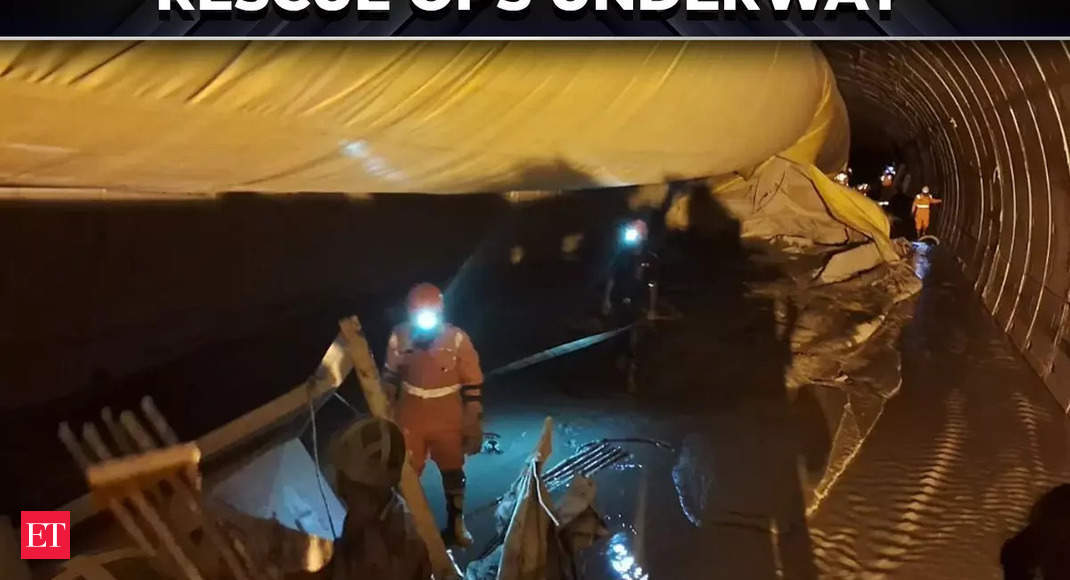Tensions between India and Canada have escalated following Canadian Prime Minister Justin Trudeau’s comments connecting Indian government agents to the murder of a Sikh separatist leader, Haredeep Singh Nijjar, in Canada. The Khalistan movement, which seeks the creation of an independent Sikh state, has long been a security threat in India. The Indian government views the Khalistan movement as a security threat.
Recently, tensions between India and Canada have surged following statements made by Canadian Prime Minister Justin Trudeau. Trudeau voiced “credible allegations” linking Indian government agents to the murder of a Sikh separatist leader, Haredeep Singh Nijjar, in Canada this June…
The Khalistan movement seeks the creation of an independent Sikh state, separate from India. Its origins trace back to the time of India and Pakistan’s Independence in 1947 when negotiations leading to the partition of the Punjab region fueled the idea…
The Indian government views the Khalistan movement as a security threat. A significant flashpoint in the conflict between the government and Sikh separatists unfolded in 1984. Then-Prime Minister Indira Gandhi ordered the military’s entry into the Golden Temple, the holiest Sikh shrine, to remove armed separatist leader Jarnail Singh Bhindranwale and his supporters…
Although the Khalistan movement has dwindled in support within India, it continues to find pockets of backing among sections of the Sikh diaspora in Canada, which houses the largest Sikh population outside of Punjab, as well as in Britain, Australia, and the United States…
In April of this year, India apprehended a self-styled preacher and Sikh separatist, Amritpal Singh, for allegedly rekindling calls for Khalistan, sparking concerns of renewed violence in Punjab. Earlier, India criticized Canada for permitting a parade float that depicted the assassination of Indira Gandhi, interpreting it as the glorification of Sikh separatist violence…
The Indian diplomatic community in Canada has consistently emphasized Ottawa’s failure to address “Sikh extremism” and the ongoing harassment of Indian diplomats and officials by Khalistani elements. This has become a major source of foreign policy tension between the two nations. Indian Prime Minister Narendra Modi recently voiced strong concerns about Sikh protests in Canada while meeting with Trudeau during a G20 summit in New Delhi. This tension has had concrete repercussions, as Canada has temporarily halted discussions on a proposed trade treaty with India. Additionally, Canadian Trade Minister Mary Ng has postponed a planned trade mission to India, signaling the ongoing strain in Indian-Canadian relations.









